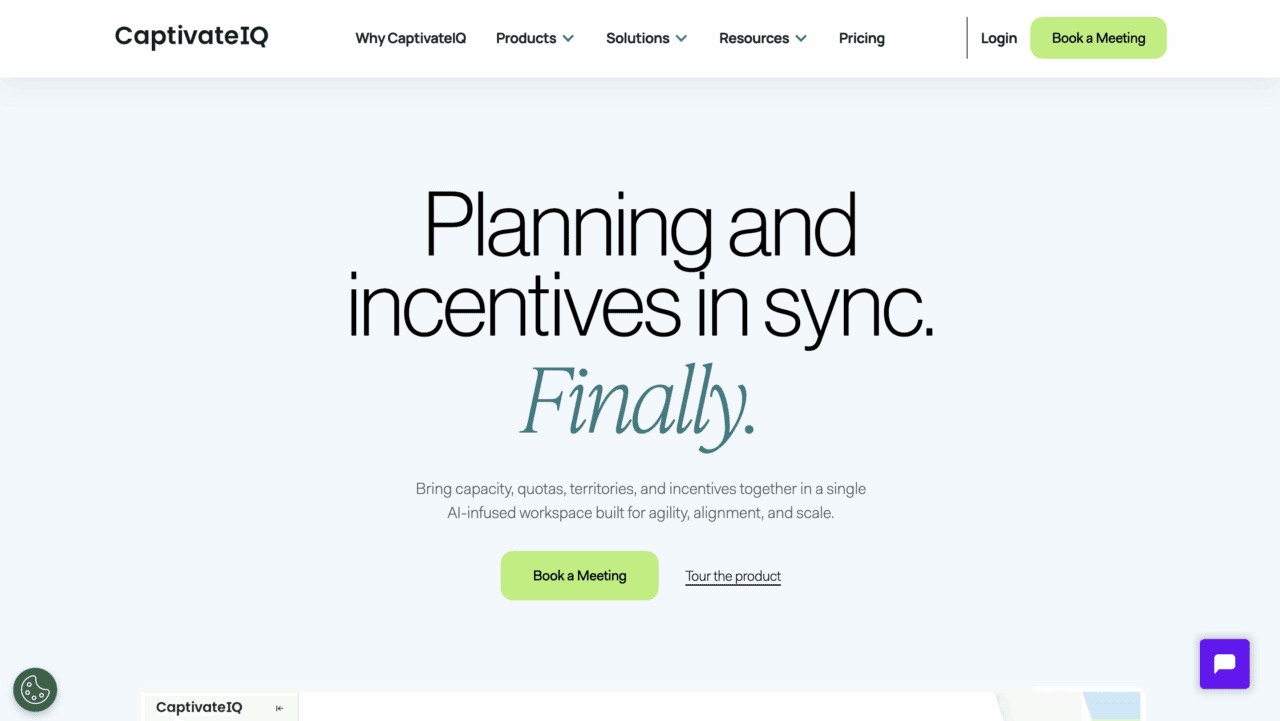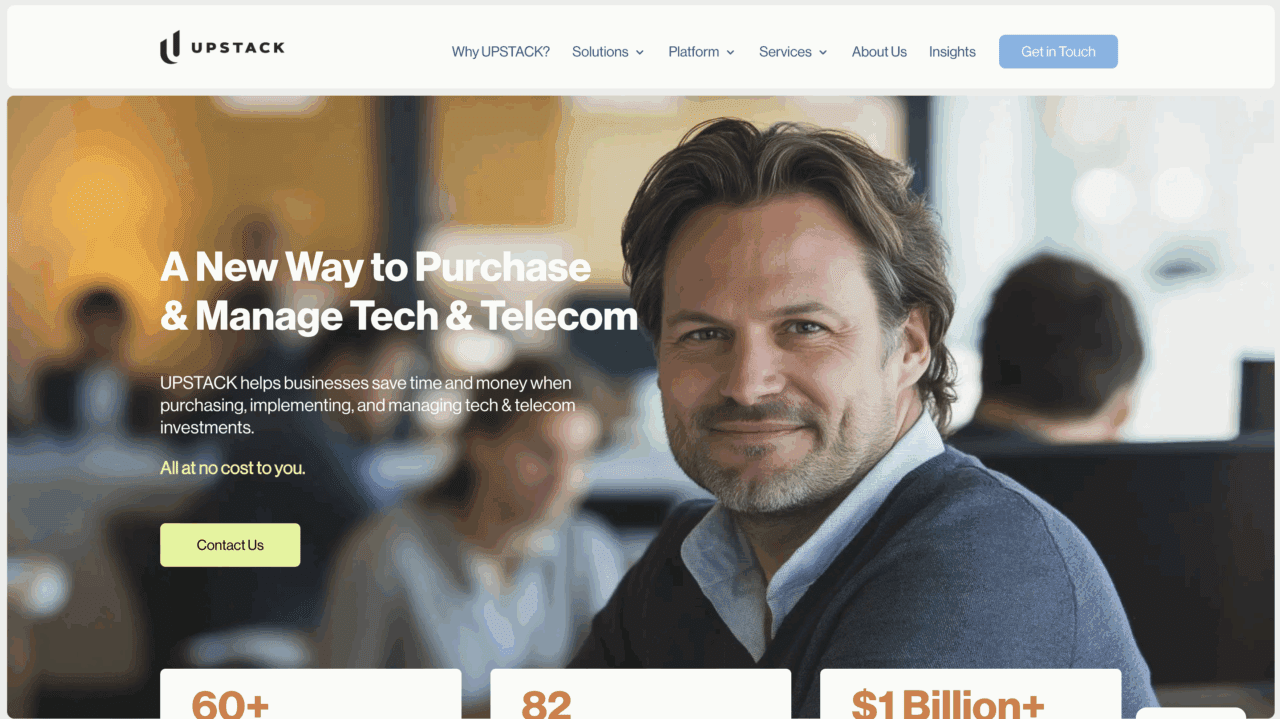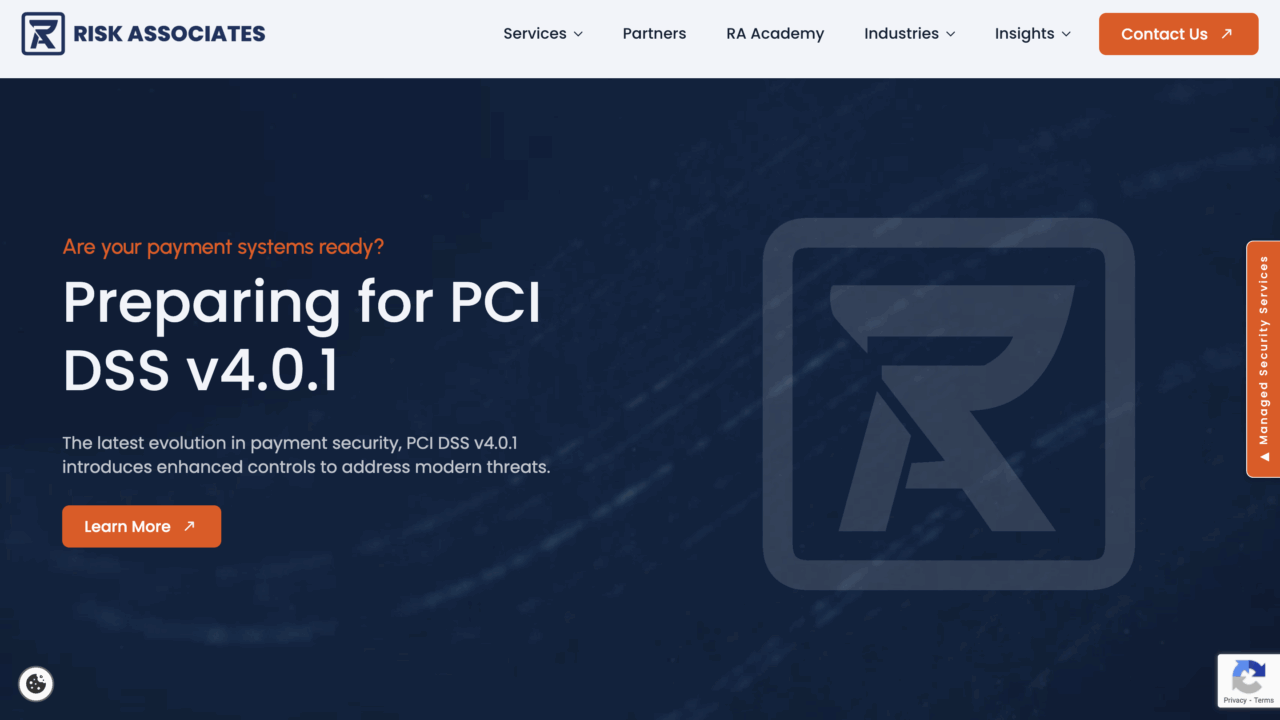
- Small business management platform Xero has teamed up with UAE-based digital bank Wio Bank PJSC.
- The partnership will enable Wio Bank’s business customers to access a range of business finance management and accounting solutions.
- Xero is headquartered in New Zealand. The company made its Finovate debut in 2011.
A newly announced partnership between UAE-based digital bank Wio Bank PJSC and small business management platform Xero will help small and medium-sized businesses in the region streamline and simplify their accounting operations. Wio Bank’s business customers will benefit from ready access to seamless bank feeds, automated reconciliation, and real-time financial insights.
The integration will help businesses working with Wio Bank to leverage automation to reduce error-prone, manual data entry. The technology will also help enhance cash flow visibility thanks to seamless invoice matching. Real-time insights ensure an accurate view of overall financial health, making it easier for business owners to make more informed decisions.
“We’re pleased to work with Xero to bring effortless accounting to UAE businesses,” Wio Bank Chief Commercial Officer Prateek Vahie said. “This integration reflects our commitment to making business banking smarter, faster, and more efficient. By automating financial workflows, we’re giving business owners more time to focus on growth.”
Xero provides small and medium-sized businesses with financial management solutions—including accounting software and invoicing technology that helps them be more efficient. With more than 4.4 million users of its solutions around the world, Xero offers flexible subscription plans for businesses ranging from solopreneurs to established enterprises. Xero’s platform features solutions that facilitate invoicing, payment acceptance, inventory management, payroll, expense management, and more.
“Our integration with Wio Bank is a significant step towards supporting more UAE businesses with better visibility of their finances, helping them spend less time on admin and more time doing what they love, growing their business,” Xero Regional Director EMEA, Colin Timmis said.
Headquartered in Abu Dhabi, United Arab Emirates, Wio Bank PJSC serves individuals with a platform that helps them save, spend, borrow, manage, and invest. The institution also offers Banking-as-a-Service and embedded finance solutions to serve small and medium-sized businesses. Launched in 2022, Wio Bank is backed by shareholders including ADQ, Alpha Dhabi, e&, and First Abu Dhabi Bank (FAB).
Xero made its Finovate debut in 2011. The New Zealand-based company was founded in 2006. Earlier this summer, Xero announced its acquisition of SMB billpay platform Melio. Already available via the Xero App Store, the Melio platform makes payment workflows easy and flexible, providing a diverse range of payment methods to better serve customers and help vendors get paid faster.
Photo by David Rodrigo on Unsplash


























